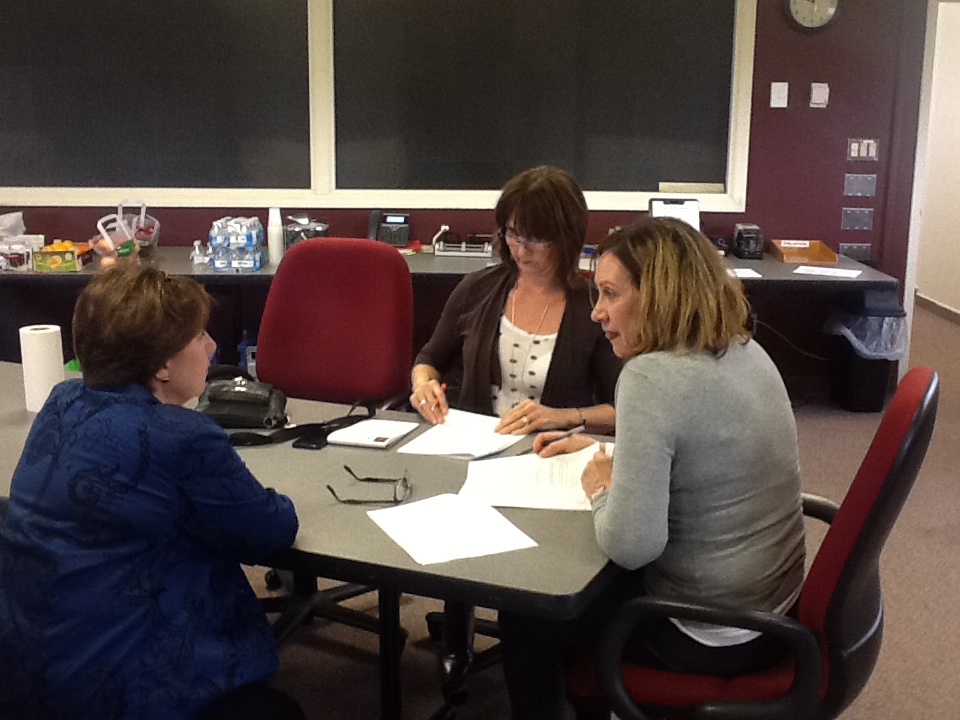You can’t improve if you don’t know what you’re doing wrong. Makes sense, doesn’t it? In reality, many of us complain about underachieving co-workers, but don’t give them the type of feedback they need to do their jobs better.
Let me give you an example: Several years ago, I was the training director for a regional bank. Our assistant, Keri, was an efficiency wiz. Her grammar was impeccable and when she proofed a document, she not only made corrections (in red), she made stylistic suggestions (in yellow) that improved documents tremendously.
Keri handled the workload of six vice-presidents with time to spare, whereas our previous assistant had always been behind. She revamped our filing system (yes, they were paper files back then!), cross-referencing everything, without being asked.
You’re thinking, “What a joy!” right? Wrong!
Within a few months, it became clear that no one liked Keri. All six VPs were avoiding her, and she was being left out of meetings because no one wanted to deal with her.
Roger, one of the VPs, tried to give Keri feedback. He told her that she was grumpy. “You would be grumpy too,” she nearly screamed, “if you were up all night with a toddler, had to get up at 5:30am to get her to daycare, and your life was nothing more than drudgery!”
Well, that was the end of Roger giving her feedback.
We decided Keri needed a performance improvement plan, but what would we write? She was so talented and efficient. My colleague, Laurel, said she would take Keri on as her project and see how she could help.
Laurel asked what specifically Keri did that annoyed us. What made her grumpy?
We weren’t sure. We talked about it for a few minutes. Finally, Juan said, “I don’t like that she grunts when I walk in each morning.”
“I thought she only did that to me,” Gary said. “I think it’s because she’s focused on what she’s working on,” said Bea.
Laurel scheduled a meeting with Keri. She said simply, “In the morning, when each person arrives, please look up from your work and say any polite version of good morning.”
Keri turned red. “It rarely is a good morning!” she exclaimed. “I don’t want to stop what I’m doing. It’s not in my job description.”
Laurel responded calmly, “You are the first person your colleagues and our visitors see each day. It is important that we create a positive work environment. If you would like, we can modify your job description to include greeting your colleagues and visitors professionally.”
The next morning, Keri grumbled a greeting as people entered the office.
Many of us greeted her back and smiled. Each day her greeting seemed a tiny bit more sincere.
At the next staff meeting, everyone mentioned the difference. Laurel said, “Next we will work on asking Keri to keep us updated on her status on our projects.”
Within a year, Keri applied for a role as an entry-level consultant-a position that was a much better match for her considerable abilities. We were able to give her excellent recommendations and she got the job!
So what made the difference between Roger’s and Laurel’s approaches? Lauren modeled direct, supportive feedback.
How can you use direct feedback? Is there someone in your office who is awesome? How so?
Someone lazy? What are the actual behaviors of laziness?
Give us a call if you are having trouble isolating the behaviors, and we can help you figure it out. The more specific, the more terrific!





0 Comments